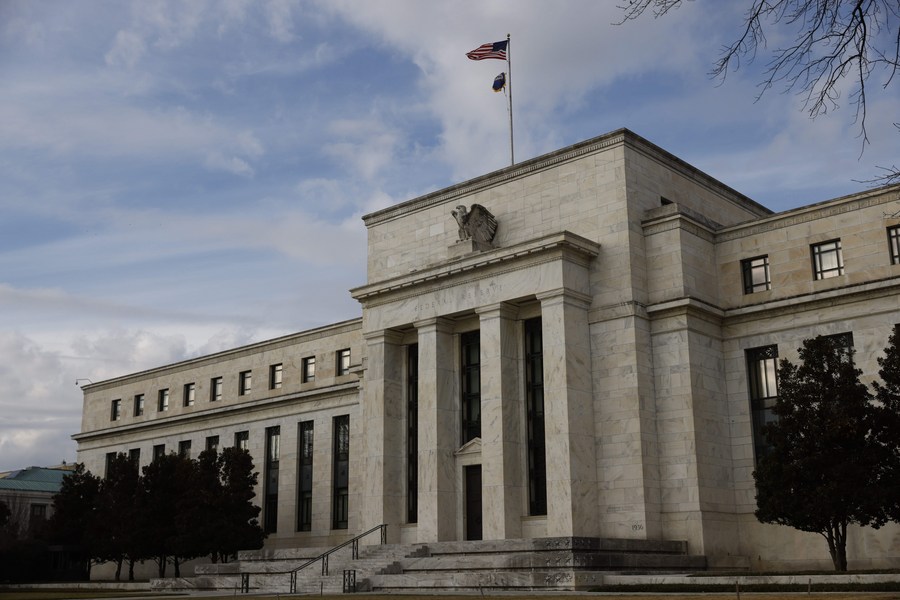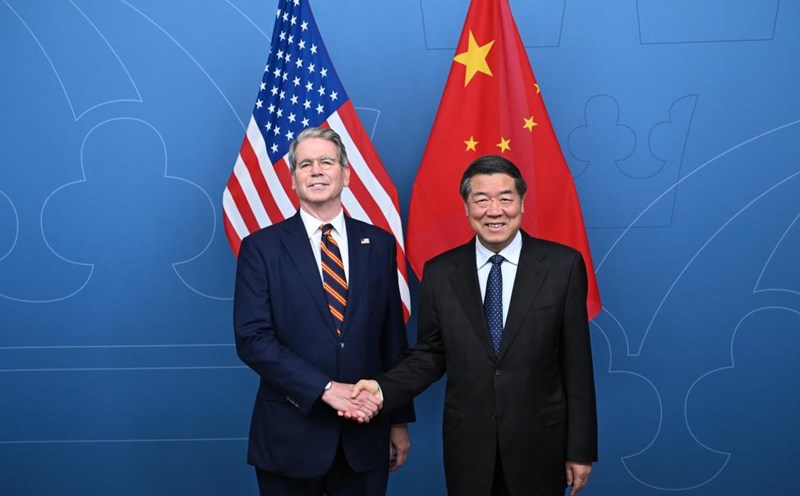Not only that, US Federal Reserve Chairman Jerome Powell also reduced expectations of a possible interest rate cut in September, causing investors to worry and the market to react cautiously.
At a press conference on July 30 after announcing the policy decision, Mr. Powell emphasized that the Fed's current priority is to control inflation, rather than meeting the desire for lower borrowing costs for the government or the real estate market - something President Trump has repeatedly pushed for.
Mr. Powell also warned that new trade and tariff policies introduced by the Trump administration still pose the risk of rising prices, forcing the Fed to continue to keep monetary policy at a slightly tightened level.
We are still at a very early stage in assessing the impacts of the new trade policy on inflation, jobs and economic growth, Mr. Powell said. There is a lot of data to be released before the next meeting. Is it convincing enough? It's hard to predict."
The above statements have caused investors to underestimate the possibility of the Fed cutting interest rates at the meeting on September 16-17. US government bond yields rose slightly, while the S&P 500 and Dow Jones stock indexes closed slightly.

According to Bill Adams, chief economist at Comerica Bank, the Fed could delay until the end of the year, specifically the December meeting, before the interest rate cut can be considered.
If the unemployment rate remains stable while inflation rises due to tariffs, it will be difficult to justify a rate cut in the next few months, Mr. Adams pointed out.
The Fed's latest policy decision was approved at a 9-2 ratio, a rare level of disagreement within the agency that is notorious for this consensus. Both opposition members want a different path, showing an increasingly clear division among policymakers.
Despite the attacks from President Donald Trump - who called Mr. Powell "Too Late", the Fed Chairman affirmed that he wanted to act on time, not too early to cause inflation to return, nor too late to harm the labor market.
If we act too early, we cannot completely handle inflation. If we act too late, we can cause unnecessary damage to jobs, Powell said.
Inflation has been detected to be 0.5 percentage points higher than the Fed's 2% target and is expected to increase as prices of many imported goods continue to escalate. policymakers expect inflation to hit 3% by the end of the year.
June inflation data will be released on July 31 local time, while the July jobs report will be released on August 1. Both will be an important basis for the Fed to make a decision at its September meeting.
US economic growth in the second quarter also exceeded forecasts, but was largely due to reduced imports - a less positive sign of domestic demand, which is increasing at the slowest pace in 2.5 years. The Fed, therefore, still chooses a "wait and observe" approach in the context of many uncertainties from the White House's policies.










